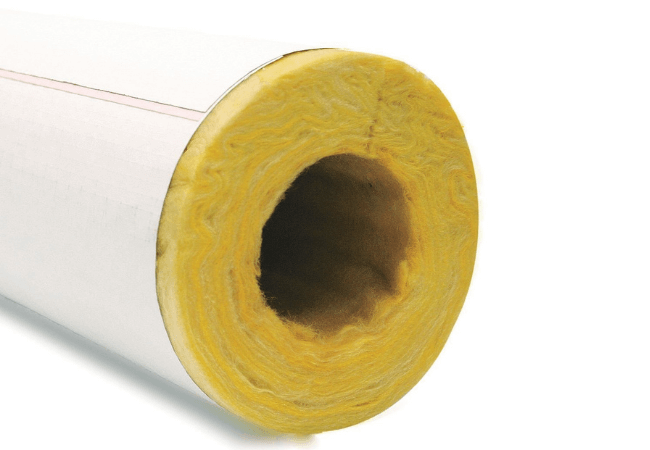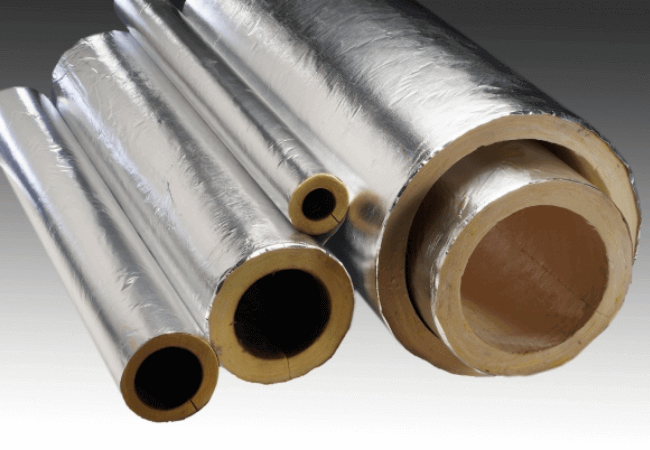
As summer arrives and puts more stress on chilled water systems, proper insulation of these pipes will help you avoid massive failures. Unconditioned spaces in hot and humid climates are of particular concern, though these practices should be applied everywhere.
The key to reducing heat transfer (i.e., the transfer of heat energy between various surfaces) elements in thermal contact is to insulate chilled water pipes. Insulation can be accomplished using engineered methods or appropriate materials.
With insulation, the process of thermal conduction is decreased, resulting in the attainable efficiency in HVAC systems. Insulation functions as a barrier to keep hot and cold from escaping through hot and cool pipes.
Insulating chilled water pipes have a number of benefits that improve system performance depending on the type of insulation used. It is possible to achieve this by consulting with professionals in chilled water pipe insulation.

Many water pipes are sited outdoor or indoor locations exposed to the ambient temperatures. Moisture contributes to corrosion which can damage the pipe so its prevention is important.
What our clients say about us